PCOS causes major skin related disorders in women. These various skin problems in PCOS originate when cysts start to develop in excessive number, which makes the ovaries unable to produce hormones in normal levels. Thus, skin problems are the outcome of hormonal imbalance. This hormonal imbalance a has huge effect on other parts of the body also and skin is one of the targets of hormonal imbalance.
The skin problems in PCOS include:
- Acne or oily skin
- Facial hairs
- Hirsutism (Excess body hair including the chest, stomach and back)
- Alopecia
- Acanthosis nigricans
These skin issues lead to depression and lack of confidence in young females. This makes the urgent requirement for the treatment of PCOS to tackle the outcomes as early as possible. But the treatment can only be conducted when the detail of these skin issues is known.
Acne or oily skin
Acne on oily skin is large, red and deep breakouts on the skin. They are primarily the result of hormonal disorders caused by androgens (male hormones). Women with PCOS have a hormonal imbalance that causes an overproduction of the male hormones (testosterone). This causes the sebaceous glands to enlarge and produce more sebum. The excess amount of sebum makes the skin oily and prone to pimples or acne cause skin problems in PCOS.
Cystic acne can be painful, as well as emotionally distressing because of its effect on facial appearance.
Cystic acne tends to develop in areas that are usually considered as hormonally sensitive, especially the lower third of the face. This includes the cheeks, jawline, chin and upper neck.
Facial hairs
Just like acne and oily skin, an excess of male hormones causes unwanted hair growth. Women with unwanted hair on their face or body are well aware of it which creates the embarrassed and frustrating situation. 
Androgens act on the growth phase of the hair cycle, causing the hair to go from vellus hair (the light, thin hair that covers your body) to terminal hair (thick, dark hair).
Hirsutism
In women, hirsutism is the male pattern of excessive hair growth on the beard area, chest, stomach and inner thighs which can be an extremely distressing and an emotional problem.
This is also caused due to excessive production of testosterone (male hormone) in females. Androgens may cause some vellus hairs (covers the face, chest, and back) to change to terminal hairs (covers the face and body) and cause the terminal hairs to grow faster and thicker.
All PCOS females suffer from hirsutism to varying degrees. One of the ways in which the extent of the problem can be monitored is by using the Ferriman-Gallway Score to classify unwanted hair growth.
Alopecia
Alopecia is the loss of hair on the scalp. This is one of the symptoms of PCOS in women. It is also termed as androgenic alopecia due to the reason behind its occurrence in PCOS i.e. androgen imbalance in PCOS.
the reason behind its occurrence in PCOS i.e. androgen imbalance in PCOS.
Acanthosis nigricans
These are unsightly, dark and velvety skin patches. They appear on the neck, underarms, inner thighs and on the face i.e. under eyes, forehead & around lips. 
The effects of androgens on sweat gland units in the skin can cause follicular skin. It is suggested that sometimes, higher insulin levels in the body can cause patches of dark skin on the body.
MANAGEMENT OF SKIN PROBLEMS
Skin disorders in PCOS can be managed by targeting the hormonal cause and insulin resistance in PCOS. Various management strategies are given below.
- Lifestyle change is an important parameter to deal with skin and hair disorders related to PCOS. Regular exercise and diet with weight loss help to manage insulin insensitivity, which further helps to balance the hormones and improves the symptoms.
- Acne management: PCOS acne has to be managed both externally and internally. If the acne is not severe, no specific treatment is required. Natural treatments can be acquired which produce the anti-inflammatory effect and therefore, naturally relieves and roots out the cystic acne.
Tips to naturally manage acne
- Stay away from the stress by meditations, yoga, deep breathing exercises, and other related exercises, which keep you stress-free.
- Always avoid squeezing the acne as it not only increases the chance of becoming deeper infection but also leaving scars when cystic acne gets cured.
- Avoid excessive sweating and clean your face & other acne-affected parts of the body after doing exercise or any other activity to clean the sweat. Sweat will cause pores to be clogged and more susceptible to cystic acne.
- Make sure to avoid drying out the skin, which causes irritation, so, apply moisturizer after every wash.
- Avoid using oily and greasy cosmetic products, which increases to cystic acne.
- Avoid drinking and smoking habits as this will make the cystic acne worse and reduces the chance of curing acne.
- Hirsutism management: Management of hirsutism in PCOS involves the use of medications which fall into the following three categories:
- Androgen receptor blockers: These drugs attach themselves to the same site as the male hormones (testosterone), effectively blocking the androgen access to the receptor and causing the inability of androgens to conduct their activities. The drugs in this category include cyproterone acetate, spironolactone, flutamide, etc.
- Androgen suppressing drugs: These drugs act on the body to handle the number of androgens which the body produces. Some of those drugs include glucocorticoids, birth control pills, insulin-sensitizing agents.
- 5-α-reductase inhibitors: These drugs act on the enzyme which converts the androgens to their active forme. 5-α-reductase. If the enzyme is inhibited then, the conversion of testosterone to its more potent form can also be blocked. Some of the drugs in this category are cyproterone acetate, finasteride, etc.
- Eflornithine hydrochloride, an inhibitor of the enzyme ornithine decarboxylase in human skin, has been approved for topical use in treating facial hirsutism.
- Alopecia management: Hair loss in PCOS can be prevented by one over-the-counter medication known as minoxidil. It helps in the re-growth of lost hairs. Other treatment strategies include the normalization of testosterone levels in the body. Testosterone imbalance the hair follicles to grow well. Testosterone targeting drugs along with minoxidil can slow down the hair loss and promote hair growth.
MANAGEMENT OF SKIN PROBLEMS WITH FENUGREEK
As in the mechanism of PCOS-induced skin problems, insulin secreted by the pancreas is not efficiently utilized by the tissues which leads to obesity and the production of excess testosterone (androgen).
 This hyperandrogenism causes skin problems.
This hyperandrogenism causes skin problems.
Consuming fenugreek leaves or seeds helps in maintaining normal insulin levels as reported by scientific studies. Fenugreek improves glucose tolerance in the body, which helps in weight loss. This weight loss helps to maintain hormone levels to control skin problems such as acne and hair problems such as hirsutism.
Fenugreek seed extract (Furocyst) is a clinically evaluated and patented extract for management of PCOS. During the clinical study, it has been demonstrated by Swaroop A et al. that Furocyst significantly managed glucose levels in the body and also caused a significant reduction in the cyst size. This fenugreek seed extract was efficient in maintaining regularity in the menstrual cycle of enrolled females. This beneficial effect of fenugreek seed extract also led to pregnancy in some of the female patients. These benefits show that fenugreek might be able to manage skin problems in the PCOS suffering females.
In a clinical study conducted by Bashtian M H et al., it was observed that some of the PCOS patients got pregnant while treating with fenugreek. There was no adverse event originated. Regularity in the menstrual cycle was observed along with management of insulin resistance till the completion of the treatment. Hirsutism score (F-G score) was also one of the parameters to be observed during the study. It was found that hirsutism score was also decreased in subjects showing the beneficial effect of fenugreek on unwanted hair growth in PCOS.
It has been reported by Moers-Carpi M that fenugreek is efficient in the management of androgenetic alopecia. During the clinical study,  it was observed that fenugreek significantly improved the density of terminal hairs. New hair growth was also seen at hair loss areas. It was reported by the researcher that fenugreek seed contains numerous bioactive substances such as alkaloids, flavonoids, saponins and steroid sapogenins. One ingredient of fenugreek seed, diosgenin, was observed to have the activity to metabolize more testosterone to oestradiol, reducing the formation of dihydrotestosterone (DHT), which damages the hair root.
it was observed that fenugreek significantly improved the density of terminal hairs. New hair growth was also seen at hair loss areas. It was reported by the researcher that fenugreek seed contains numerous bioactive substances such as alkaloids, flavonoids, saponins and steroid sapogenins. One ingredient of fenugreek seed, diosgenin, was observed to have the activity to metabolize more testosterone to oestradiol, reducing the formation of dihydrotestosterone (DHT), which damages the hair root.
The above given clinical studies prove that fenugreek extract has great therapeutic application in the management of PCOS and its symptoms like skin and hair problems. It can be incorporated in diet or can be consumed in the form of food supplement to tackle the problems of PCOS and insulin resistance.
REFERENCES
- http://www.neworleansmomsblog.com/2016/05/12/polycystic-ovary-syndrome-pcos-silent-disorder/
- http://www.apolloclinicthane.com/blog/-/blogs/pcos-and-skin-disorders
- https://askanesthetician.wordpress.com/2013/10/24/pcos-and-your-skin/
- http://www.fightyourinfertility.com/3507/pcos-cystic-acne-cure-get-clear-skin-with-home-remedies
- http://www.pcosdietsupport.com/lifestyle/hairy-pcos-and-hirsutism/
- https://www.asrm.org/BOOKLET_Hirsutism_and_Polycystic_Ovary_Syndrome_PCOS/
- http://www.obgyn.net/infertility/patient%E2%80%99s-guide-management-hair-loss-polycystic-ovary-syndrome
- http://www.ncbi.nlm.nih.gov/pmc/articles/PMC3039006/
- http://youngwomenshealth.org/2014/02/25/polycystic-ovary-syndrome/
- http://www.nhs.uk/conditions/acanthosis-nigricans/Pages/Introduction.aspx
- http://www.ncbi.nlm.nih.gov/pmc/articles/PMC3813238/
- http://www.top10homeremedies.com/home-remedies/home-remedies-polycystic-ovary-syndrome-pcos.html
- http://timesofindia.indiatimes.com/life-style/health-fitness/home-remedies/Find-the-cure-for-PCOS-in-your-kitchen/articleshow/45176222.cms
- http://www.ncbi.nlm.nih.gov/pmc/articles/PMC4615243/
- http://ijpr.sbmu.ac.ir/pdf_1296_3b0a5cb275247dc60c246cac1b579bda.html
- https://www.researchgate.net/profile/Marion_Moers-Carpi/publication/267985792_Influence_of_Nutritive_Factors_on_Hair_Growth/links/55cb773e08aeb975674c7b6b.pdf
For more info visit https://furocyst.com or
Call : +91 9915002390
SKIN PROBLEMS IN PCOS

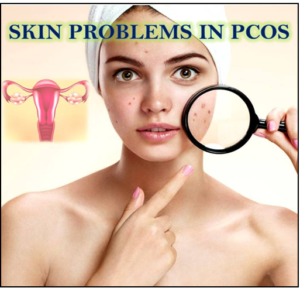

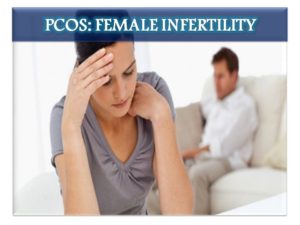













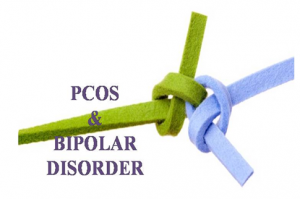

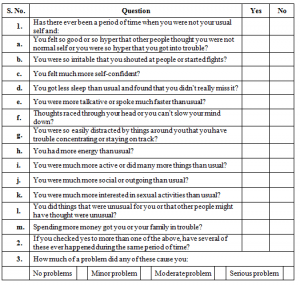
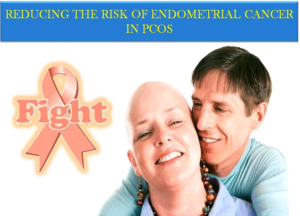

















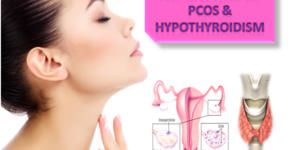
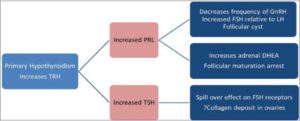






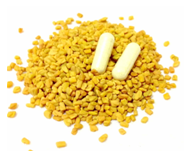



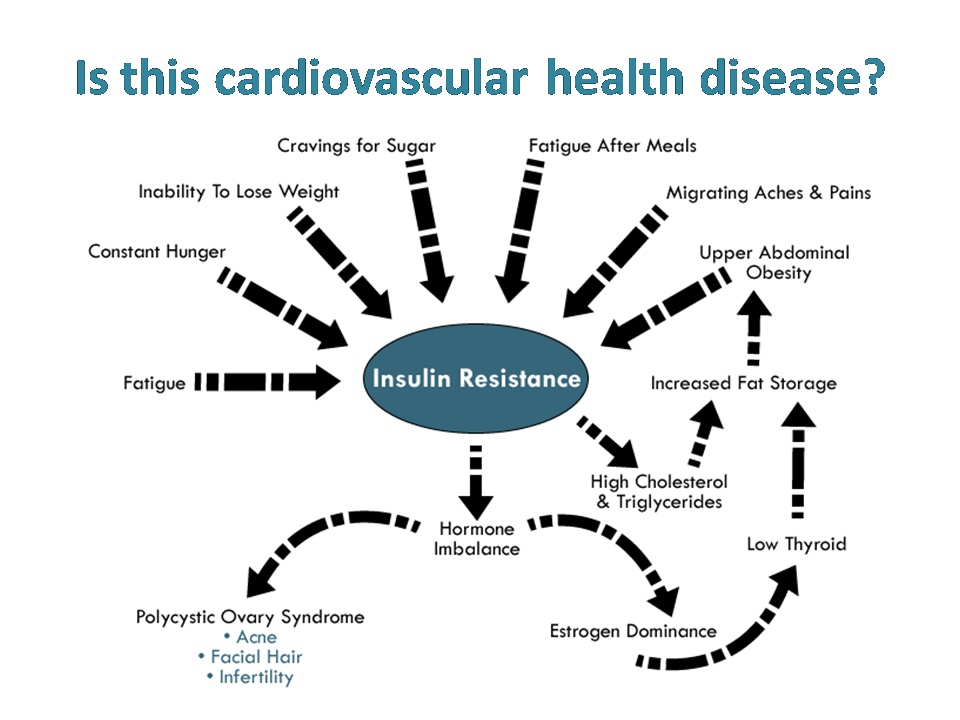





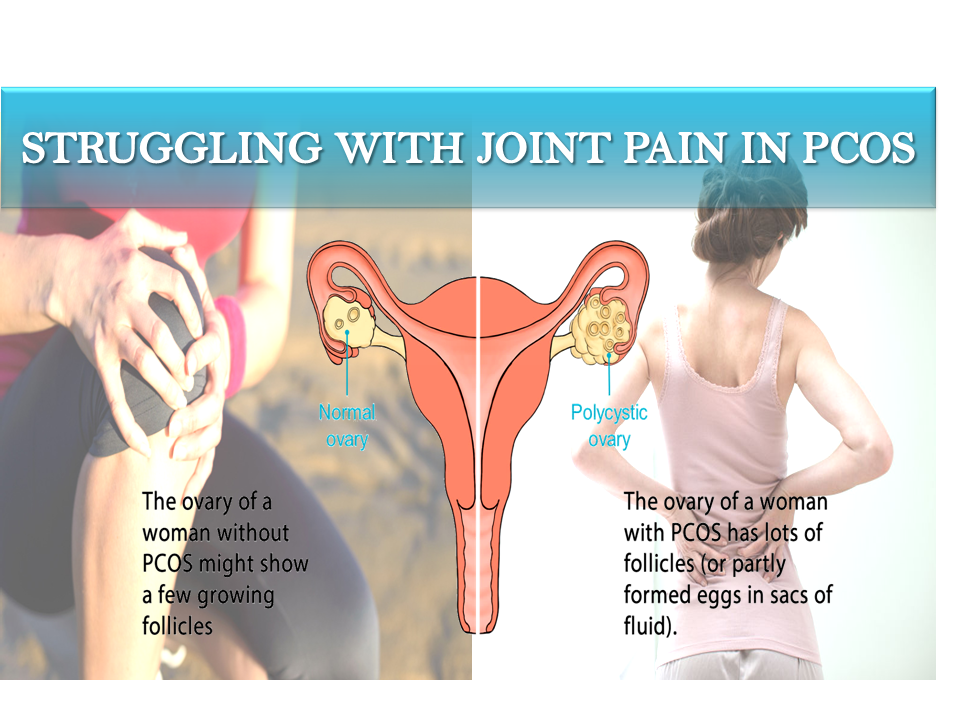

 Tender, warm, swollen joints
Tender, warm, swollen joints





